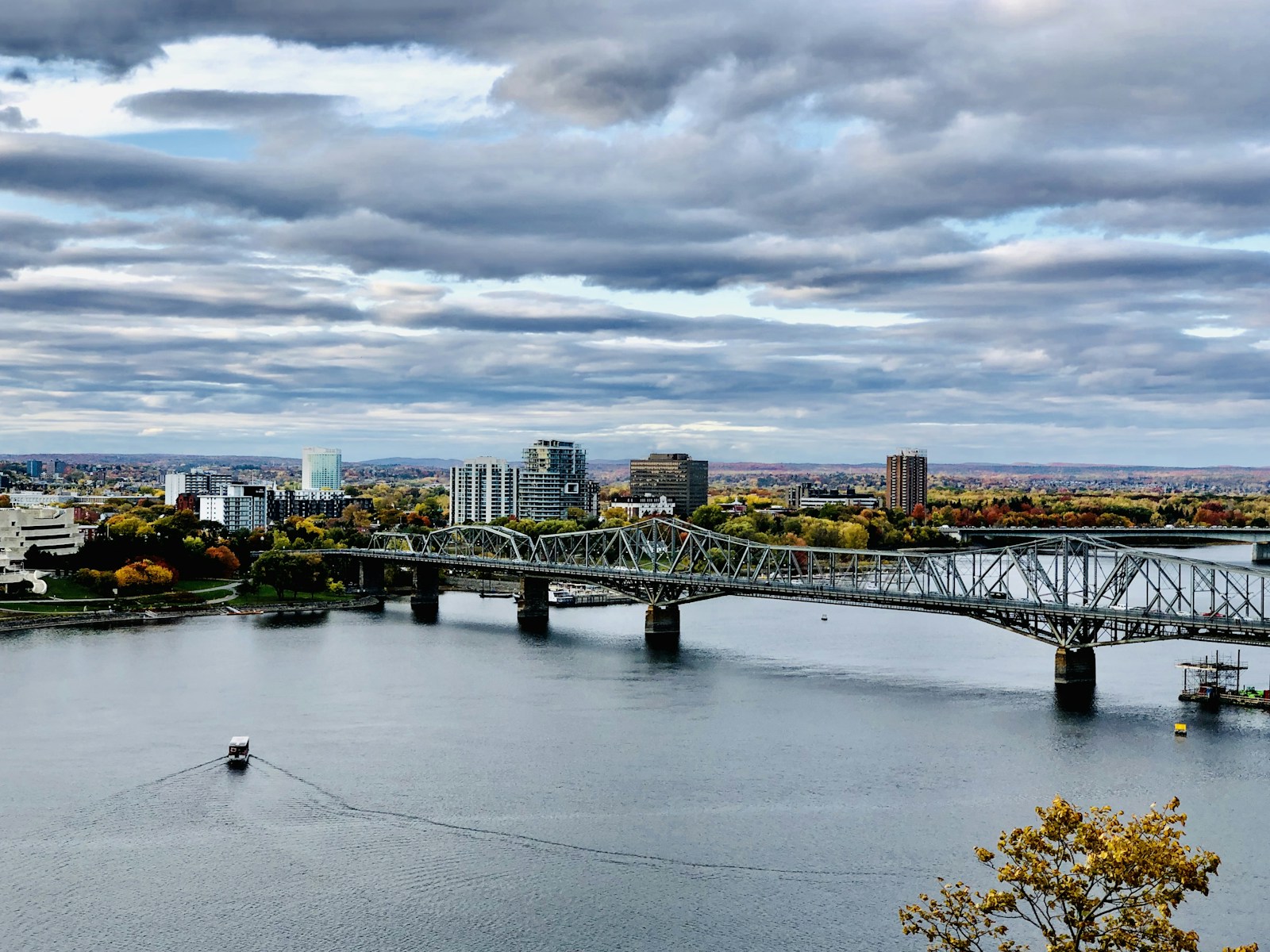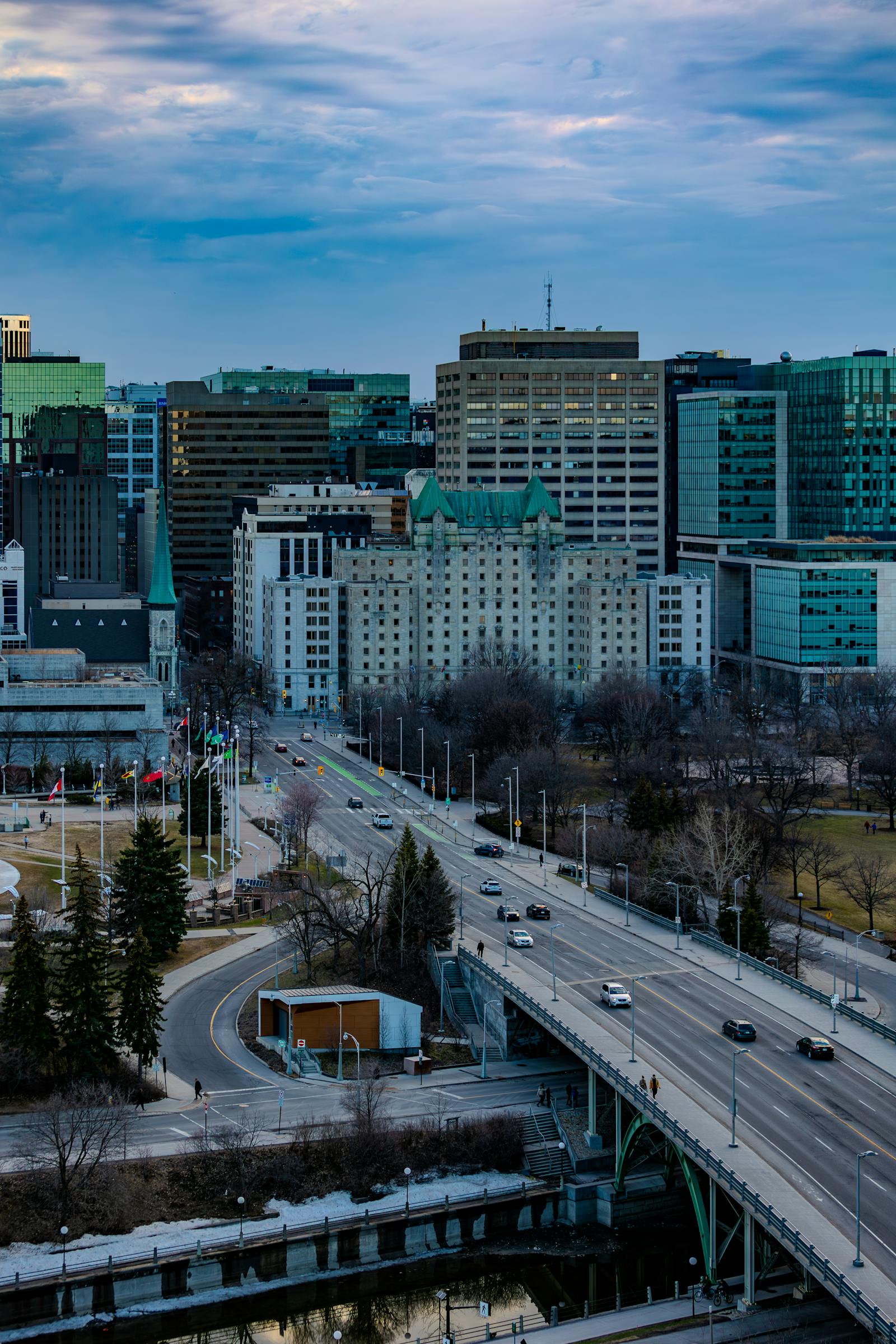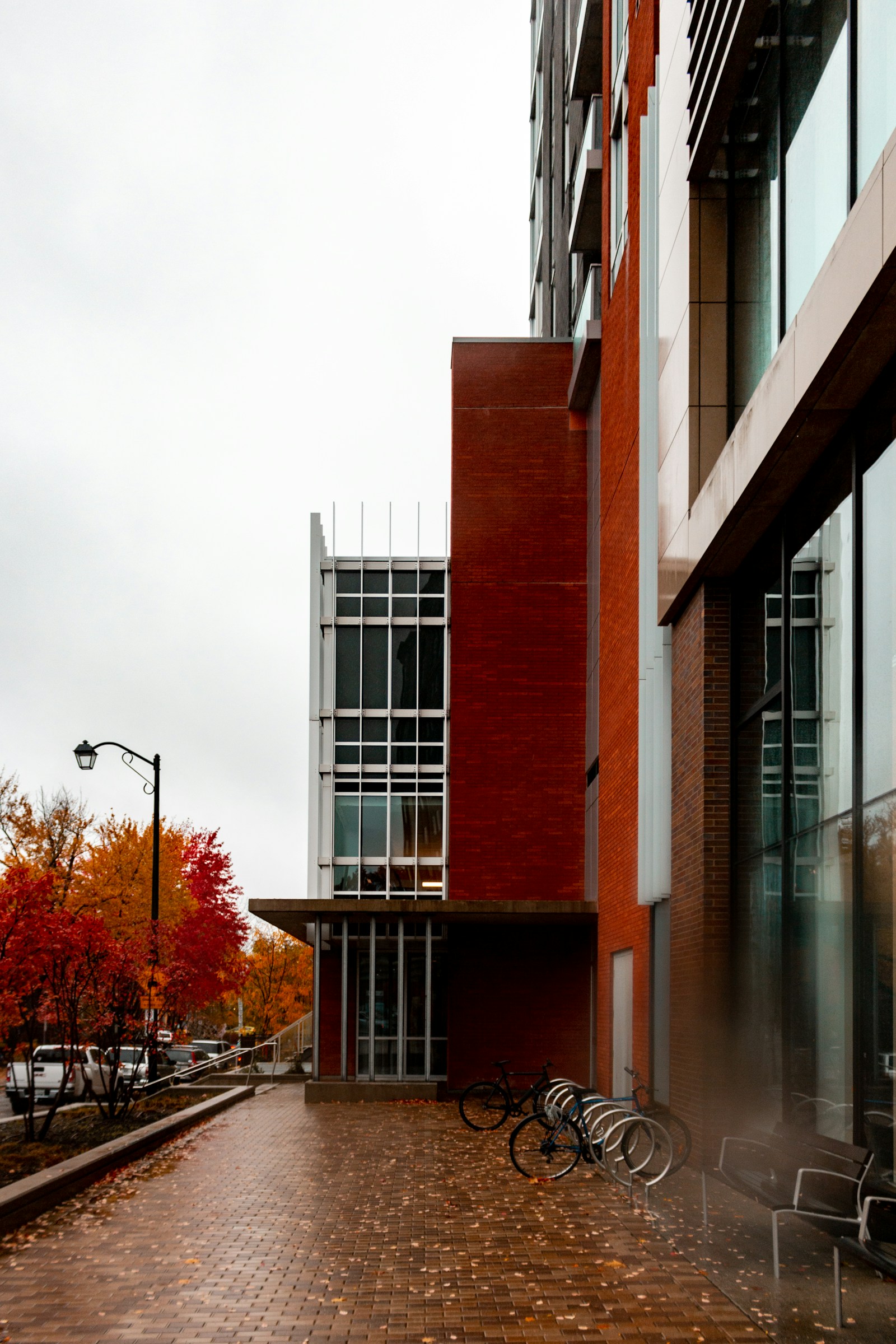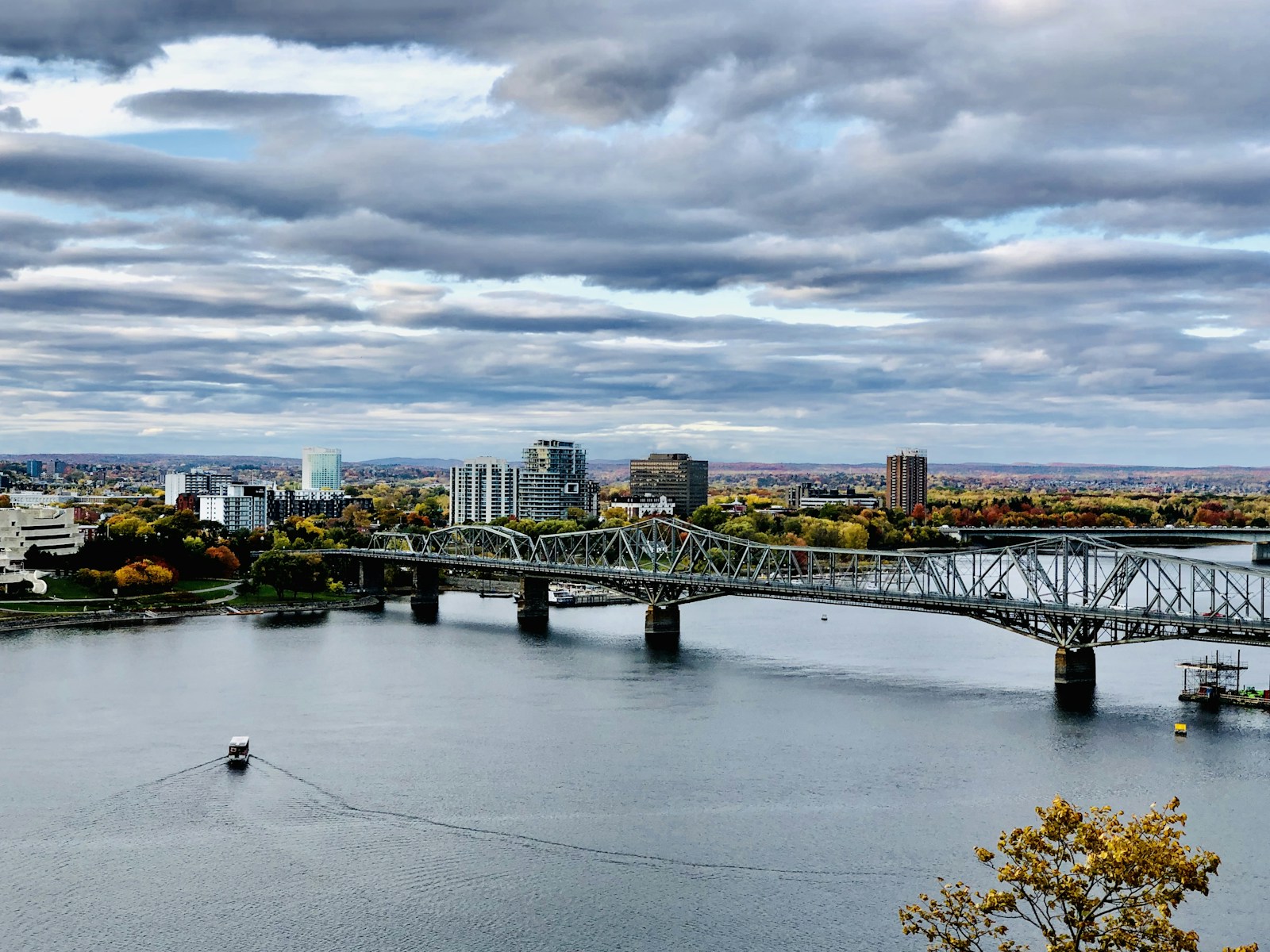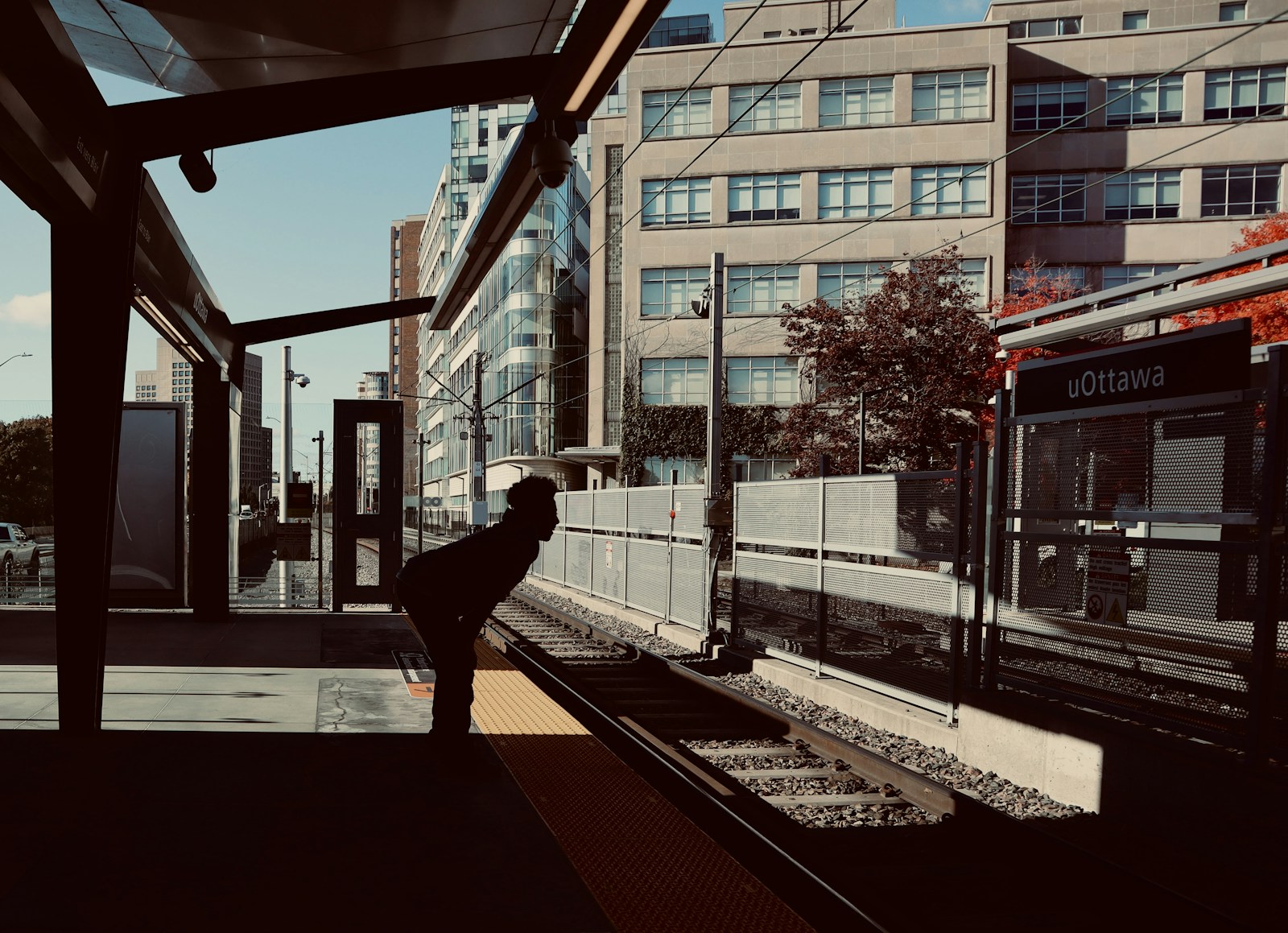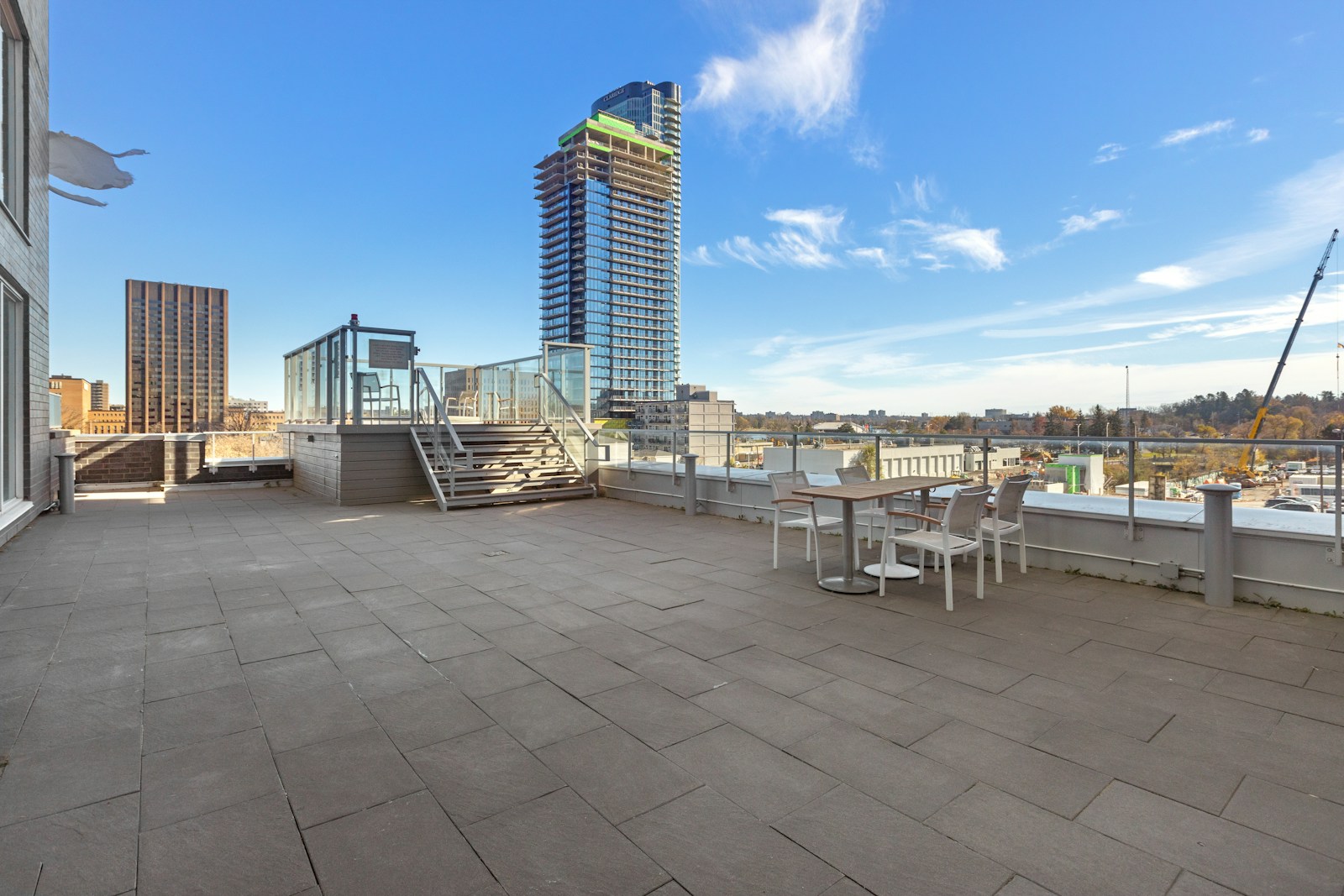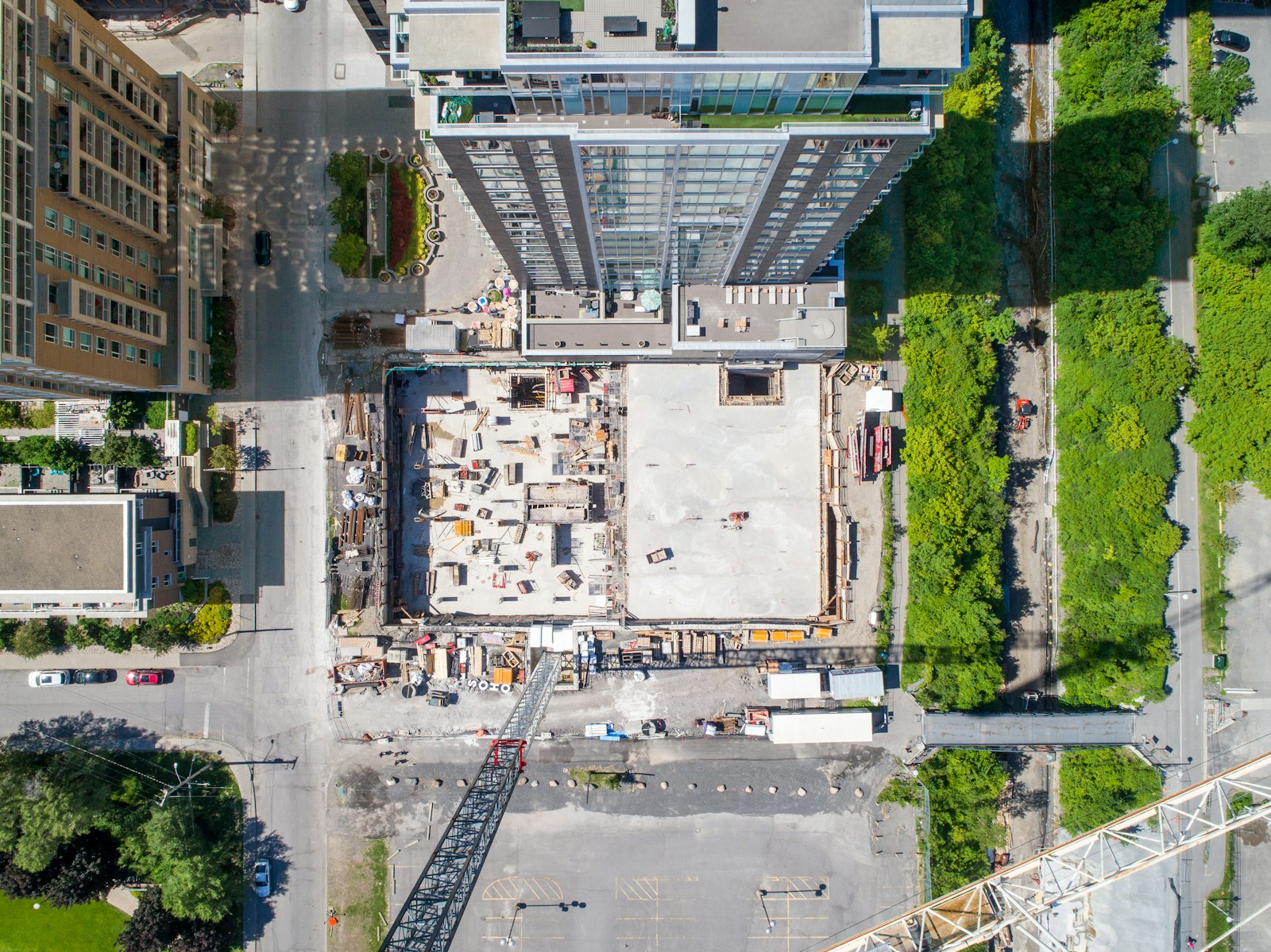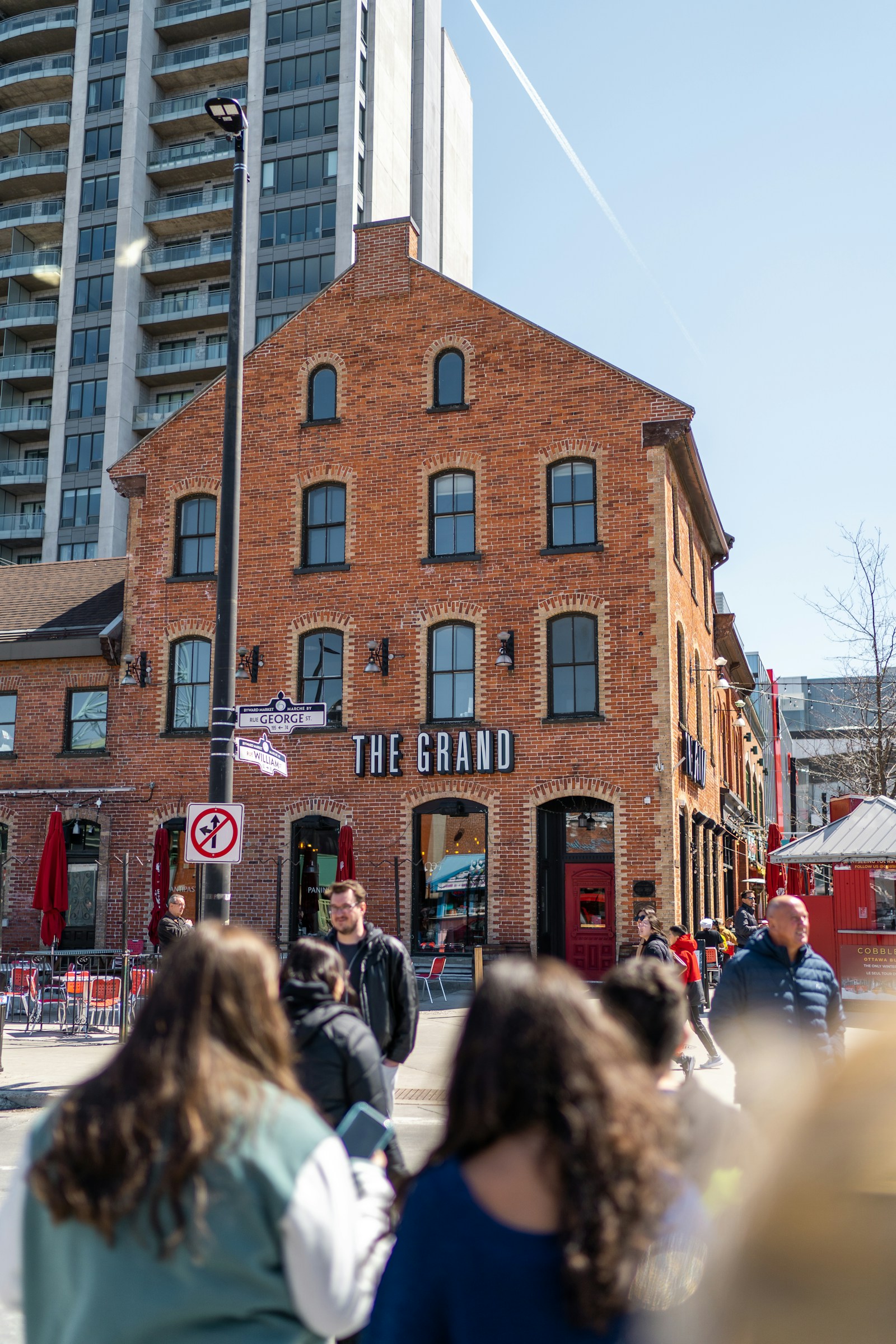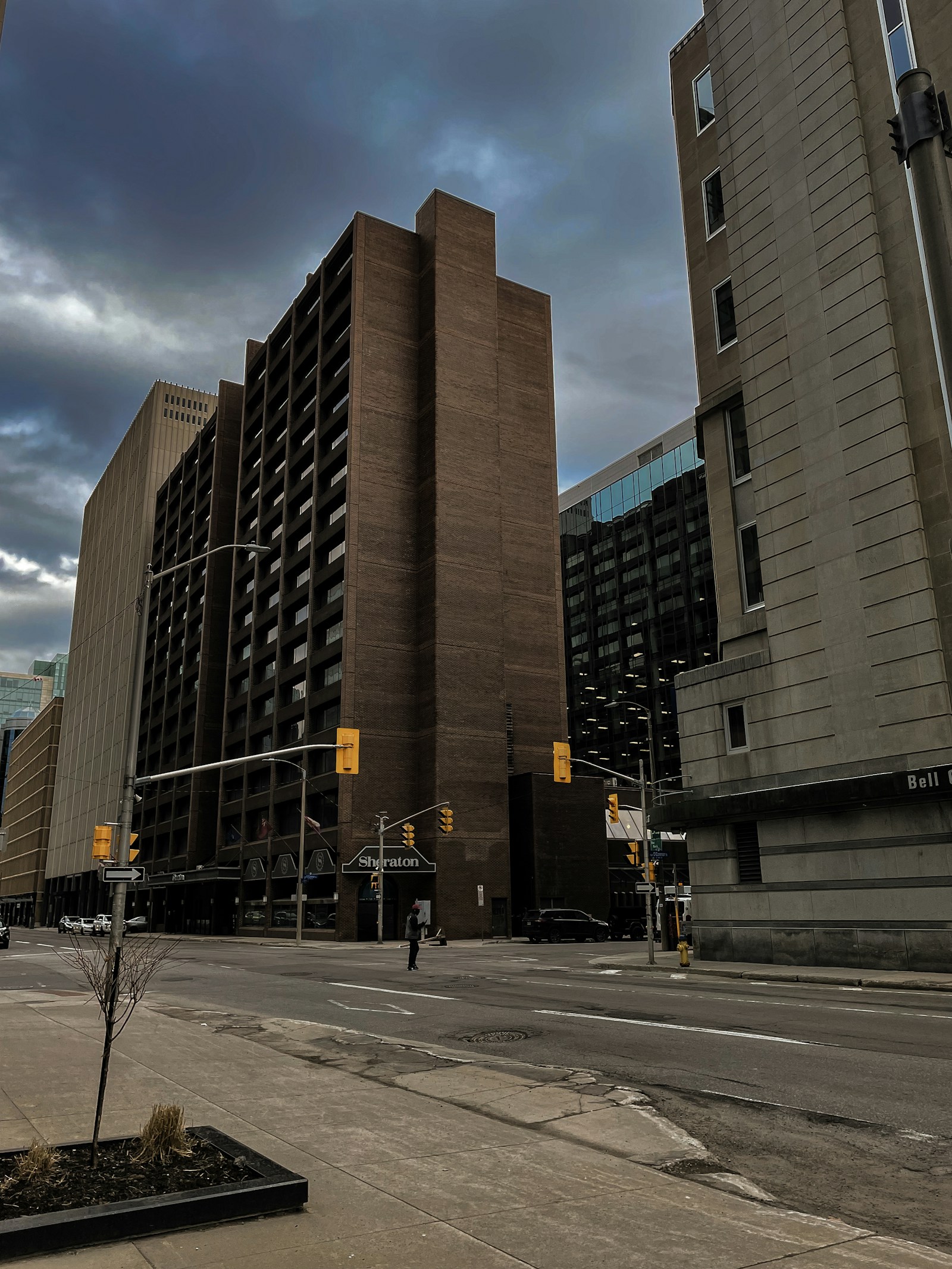Why Commuting Matters When Choosing Where to Live in Ottawa
A smooth, simple commute can completely change how you experience daily life. Ottawa may be known as a government town, but it’s also growing fast—bringing new transit options, bus routes, bike paths, and neighbourhoods designed for easier access to downtown. Whether you work in an office, remotely part-time, or attend university, choosing the right neighbourhood can save time, reduce stress, and enhance your lifestyle.
This guide explores the best areas for easy commuting to downtown Ottawa, whether you're driving, biking, or using OC Transpo.
Understanding Ottawa’s Commuting Landscape
Transit (OC Transpo + LRT)
Ottawa’s O-Train LRT and OC Transpo system connect major suburban and central neighbourhoods directly to downtown.
Cycling Infrastructure
Ottawa boasts extensive bike paths, including:
Rideau Canal Pathway
Ottawa River Pathway
Laurier Bike Lanes
Driving Accessibility
Highways 417, 174, and 416 keep many neighbourhoods connected with short drive times.
Centretown – Walkable, Connected & Perfect for Car-Free Living
Transit Convenience
Centretown is one of the closest residential areas to downtown, offering:
Frequent bus routes
Direct access to cycle lanes
Easy walking distance to government buildings
Lifestyle Benefits
Great for young professionals who want a short, reliable commute.
The Glebe – Urban Living With Quick Downtown Access
Transit Routes & Walkability
The Glebe offers multiple bus lines, nearby LRT access, and scenic walking paths along the canal.
Why Commuters Love It
You can enjoy cafés, restaurants, parks—and still be minutes from downtown by bike or bus.
Hintonburg – Hip, Growing & Steps From Major Transit Lines
LRT Proximity
Hintonburg is located right next to the O-Train Line 1, providing fast service downtown.
Cycling & Alternative Routes
Its bike-friendly streets make commuting simple for cyclists and e-bike users.
Sandy Hill – Close to Campus & the City Core
Walking Distance to Downtown
Just east of the ByWard Market, Sandy Hill lets you access downtown in under 15 minutes on foot.
Transit & Bike Options
Well-served by buses and connected bike paths.
Westboro – Trendy, Connected & Ideal for Professionals
Transit Stations
Westboro and Dominion Stations give direct access to downtown through the Transitway or LRT expansion.
Quick Highway Access
Highway 417 is right there, making commuting by car efficient and reliable.
Vanier – Affordable & Surprisingly Close to Downtown
Short Commute Times
Only a 5–10 minute drive or a 10–15 minute bus ride from downtown.
Transit Routes Serving the Area
Excellent bus coverage makes Vanier a budget-friendly but convenient choice.
Old Ottawa East – Riverside Serenity Minutes From Downtown
Walkability & Bike Paths
Enjoy canal and river pathways perfect for scenic commutes.
LRT Access via Lees Station
Direct, fast service to downtown and major transfer hubs.
New Edinburgh – Elegant, Quiet & Centrally Located
Reliable Bus Routes
Multiple routes run into downtown with short travel times.
Safe, Scenic Walking Paths
Rideau Hall, Stanley Park, and river pathways create beautiful commuting options.
Hull/Aylmer (Gatineau) – A Short Cross-River Commute
Bridge Access
Many workers cross the Portage, Chaudière, or Alexandra bridges daily.
Transit & Bike Options
A short bus ride or bike trip gets you downtown quickly—often faster than some Ottawa suburbs.
Comparison Table – Best Ottawa Areas for Easy Downtown Commutes
Tips for Choosing the Right Neighbourhood for Commuting
Consider Your Transit Style
Do you prefer walking, biking, transit, or driving?
Factor in Traffic Patterns
Ottawa’s east–west traffic can slow down suburban commutes.
Try the Commute Before Moving
Visit the area during rush hour to get a real feel for the travel experience.
FAQs About Commuting in Ottawa
1. Is Ottawa a good city for commuting?
Yes—especially with its expanding LRT system and extensive bike paths.
2. What’s the best place to live for a short commute?
Centretown, The Glebe, and Sandy Hill are top choices.
3. Is driving or transit faster in Ottawa?
It depends on the route, but transit is often faster during peak downtown traffic.
4. What suburbs still offer reasonable commute times?
Westboro, Vanier, and parts of Nepean have good access routes.
5. Is Ottawa bike-friendly?
Yes—Ottawa has some of Canada’s best urban cycling pathways.
6. Are Gatineau neighbourhoods good for commuting to Ottawa?
Absolutely. Many government workers commute from Hull or Aylmer daily.
Conclusion: Find the Ottawa Neighbourhood That Fits Your Lifestyle
Choosing where to live based on commute time can save hours each week. Ottawa offers a wide range of neighbourhoods that balance convenience, affordability, and great amenities. Whether you want the buzz of Centretown, the charm of the Glebe, or the affordability of Vanier, you’re sure to find a spot that provides easy access to the downtown core.

